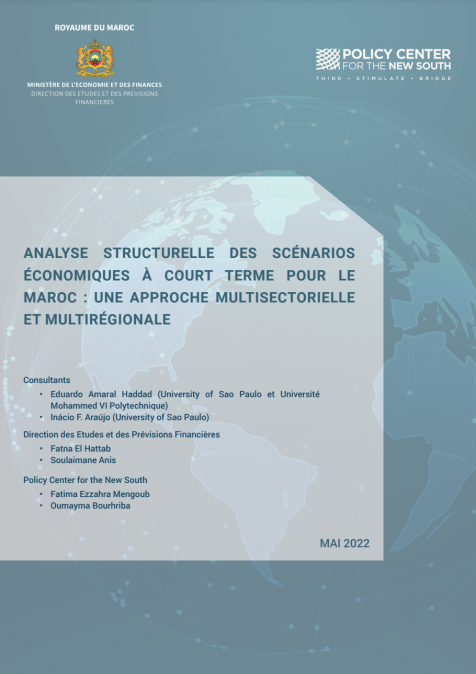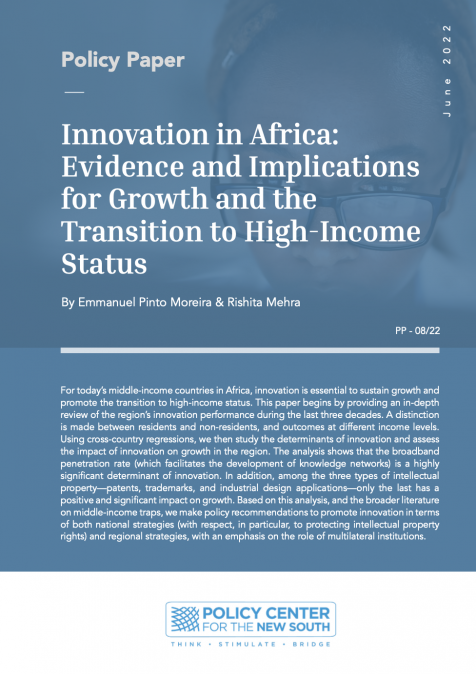Publications /
Annual Report
Book / Report
Dès les premiers cas du Coronavirus relevés en Afrique, les prédictions les plus sombres ont été faites sur la catastrophe sanitaire à venir sur le continent, en raison d’un certain nombre de caractéristiques supposées favoriser la propagation de l’épidémie. Ces prévisions ont été démenties par la rapidité des ripostes des Etats et par divers autres facteurs. La progression de la Covid-19 en Afrique n’est pas le fait d’une dynamique unique mais plutôt de multiples profils de risques distincts. Une diversité des situations s’est dessinée sur le continent.
Néanmoins, le diagnostic de cette crise inédite fait état d’un choc brutal marqué par un recul historique des principaux indicateurs macro-économiques. La chute du PIB de 2020 est hors normes. Tous les pays du continent sont confrontés à une baisse de leur PIB par tête et à une exacerbation des vulnérabilités sociales. Chaque Communauté économique régionale (CER) a réagi à la crise selon ses caractéristiques propres, l’intensité des contraintes auxquelles elle est exposée et ses capacités de mettre en œuvre des actions et des politiques communes. Le « retour à la normale » sera probablement progressif. L’hypothèse d’une reprise d’ici à 2023 suppose une croissance vigoureuse dans les deux années à venir.
Les pays africains ont des défis communs et des intérêts convergents. La sortie de la pandémie et la construction d’une immunité sanitaire et d’une résilience économique et sociale contre de nouvelles vagues de la Covid-19 ou d’autres risques pandémiques exigent de revisiter les modèles de développement en cours dans le continent en vue de i) garantir la sécurité humaine des populations, ii) renforcer la solidarité des pays du continent au service d’une Afrique forte et autonome dans un système de l’économie mondiale plus équilibré. S’il y a une leçon à tirer de la pandémie c’est celle de l’interdépendance des nations. La reconstitution des chaînes de valeur mondiales et régionales se déploient et se restructurent comme autant de vecteurs de cette interdépendance qui demeure une réalité incontournable.








